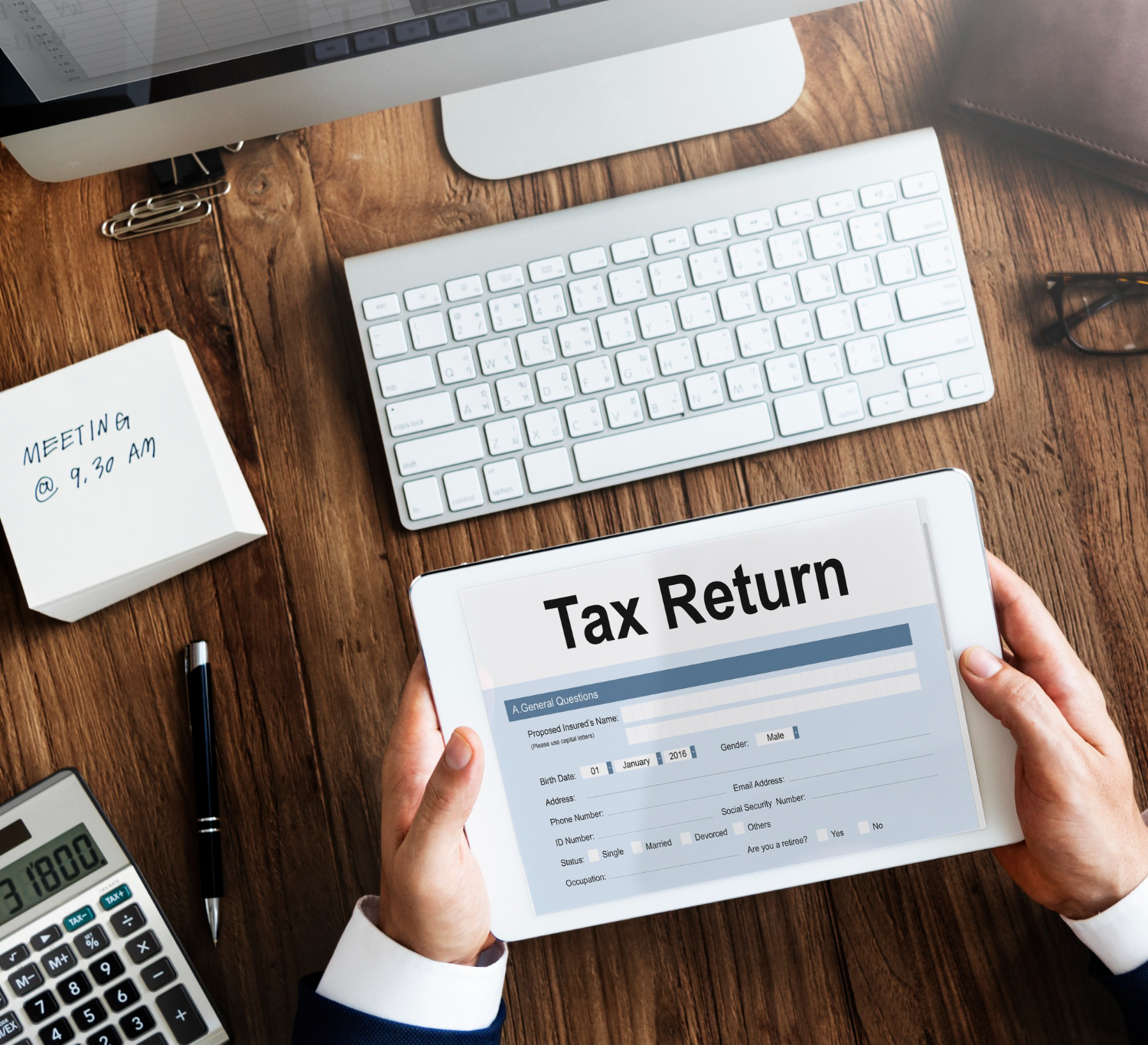
Through the perfect business policies, the UAE has constantly sought to encourage diversification, economic growth, and entrepreneurship. With the support of this strategic move, the nation has been capable of successfully diversifying its economy away from its reliance on oil and gas income and into fields like technology, construction, tourism, banking, and real estate.
With an estimated $415 billion in GDP, the country is now the second-largest in the Middle East. Foreign investors have long been drawn to the UAE by the absence of a federal corporate income tax. However, many people wish to see how the UAE’s economy would change as a result of the installation of a corporate tax regime.
Impact of Corporate Tax on the UAE’s Power to Attract Foreign Investors
There may be queries related to the UAE’s power to attract foreign investors after the application of corporate tax. The UAE still has a competitive advantage when looking at its broad image. 180 jurisdictions have an average statutory corporate income tax rate of 23.37%, or 25.43% when weighted by GDP. In this regard, the UAE’s corporation tax rate of 9% places it in third place among nations with the lowest rates on the globe. Among the 20 nations with such low rates, it is one of just three OECD member states.
This result shows the UAE’s skill to discover a balance between upholding its OECD obligations and keeping its allure as a spot for investments. The UAE has maintained investor interest and confidence by adhering to the OECD’s global minimum effective tax rate.
The UAE’s plan to enact corporation tax is significant given the mounting pressure from abroad for tax system reforms and compliance with shifting international norms. It emphasizes the nation’s commitment to long-term economic growth and stability, which increases its allure for investors searching for a stable and predictable business climate. This change offers companies that are entering the UAE market more authority and gives them the assurance they need to invest while building closer relationships with their stakeholders and clients.
UAE Corporate Tax Fuels Economic Growth and Attracts Investment
The UAE takes a major step toward attaining its diversification plans by imposing a business tax. By making this change, the country is capable of lessening its reliance on oil earnings and distributing cash to varied projects beyond the energy industry.
The government is given more authority to promote the growth of diverse fields, increasing demand and chances for foreign investment because of the increased investment in crucial infrastructure projects including telecommunications networks, water and energy systems, and transportation.
The growth of initiatives focused on supporting small and medium-sized companies (SMEs) will also be fueled by corporate tax revenue. Increasing funding for accelerator programs like Dubai’s Future Accelerators and Abu Dhabi’s Hub 71 will provide entrepreneurs and early-stage enterprises with the resources and support they need to succeed. This ecosystem offers SMEs access to funding, mentoring, networking opportunities, and other important resources, supporting the startup scene in the UAE and fostering the success of entrepreneurs.
Impact of Corporate Tax on Cross-Border Trade in the UAE
The UAE is one of the most beneficial tax jurisdictions in the globe because of its extremely competitive corporate tax rate of 9% on taxable income over AED 375,000. UAE corporate tax implementation ensures compliance with international standards while preserving a competitive advantage over international markets. Additionally, it promises that the broad network of double taxation treaties, which includes more than 100 agreements in place with trading partners across the globe, will continue to benefit several firms in the UAE.
By supporting the openness of cross-border trade and investment taxation among member countries, these treaties save against double taxation. Through the tax exemption that is made available by these agreements, potential investors in the UAE can increase revenue generation. The accords offer multinational companies clarity regarding their tax duties and promise adherence to international laws.
The UAE government will uphold corporate tax benefits for enterprises registered in free zones all around the nation, even though the corporate tax is applicable countrywide. These firms can maintain their 0% corporate tax status as long as they comply with legal criteria and refrain from conducting business on the mainland.
Summary
The introduction of the new corporate tax regime in the UAE promises better duty and transparency in tax compliance, boosting investor confidence in the legal system of the country. Due to the UAE’s membership in the OECD, knowledge and best practices can be shared in many areas, such as investment regulations, taxation, anti-money laundering, and anti-corruption. Access to a broad network of countries and global organizations is widened by this membership, opening doors for more trade and investment opportunities.
Additionally, the government receives more funding from business tax receipts to make considerable improvements in public services. Significant funding has been allocated for healthcare, social welfare, infrastructure, and education in the UAE’s approved federal general budget. In the long run, these investments create a more robust and constant economic environment by providing appealing investment chances. So, the implementation of corporate tax in the UAE shows the path for a more positive stance on the economy, creating new and alluring investment prospects while bolstering the strategic benefits that the nation has to offer.













